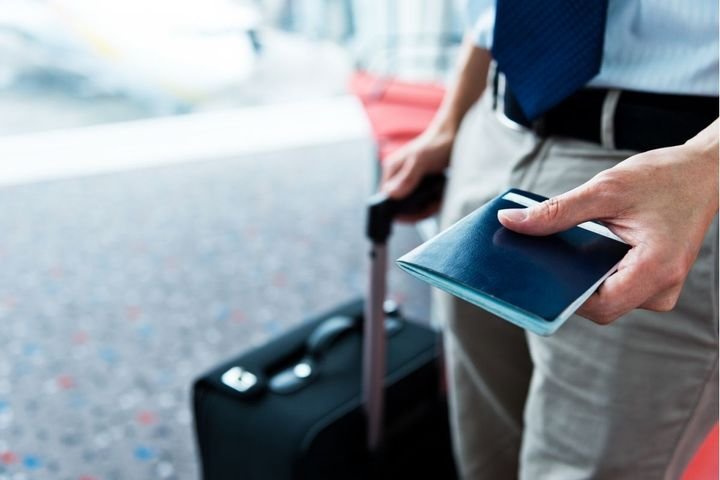
Most travel managers said their company’s employees frequently use rental cars (82%) and rideshare apps (70%) on work trips, according to the study.
Photo: Canva
With corporate travel and in-person meetings increasingly returning, businesses need to be thoughtful about how they’re implementing – or re-implementing – their travel programs, especially when it comes to their ground transportation.
Prepared by Uber for Business and the Global Business Travel Association (GBTA), “The Corporate Travel Comeback: The Evolution of Ground Transportation and Other Trending Business Travel Topics” study uncovers concerns and considerations from travel managers at some of the biggest companies.
“Corporate travel is on the rise. Uber saw airport rides represent 13% of mobility gross Bookings in Q1 2022, growing 166% from the past year,” said Susan Anderson, global head of Uber for Business. “As more and more companies shift to in-person and hybrid workflows, it’s important that businesses reimagine their travel programs and policies, so that they’re tailored to this new era of business that we’re operating in. Our hope is that this report’s findings can provide travel managers and others in the business travel space with the insights and data they need in order to roll out seamless and efficient travel programs that outpace the requirements of a changing world.”
When thinking about their company’s current approach to managing ground transportation, survey respondents identified some top strengths of their travel programs – as well as notable areas for improvement.
- Rideshare and rental cars top the list. Most travel managers said their company’s employees frequently use rental cars (82%) and rideshare apps (70%) on work trips, but fewer than half (48%) said that employees frequently use taxis.
- Most travel policies sometimes allow chauffeured transportation/black car service (74%), premium ridesharing (68%), and premium/luxury rental cars (51%). Roughly one-third said their company’s employees “sometimes” or frequently” use chauffeured transportation (36%) or premium ridesharing (30%).
- Half of travel programs (49%) currently have a business account with a rideshare platform and one-third (35%) would consider it. The most important features cited by travel managers were reporting (76%), integration with expense platforms (69%), and ability to apply company policies (62%).
- A majority (84%) said sustainability is at least somewhat important in the design of their company’s travel program, with 50% saying it is very or extremely important.
- Even though travel programs prioritize sustainability, not all are willing to incur significant additional cost to achieve more sustainable outcomes. Only 6% of respondents said their company currently allows employees to spend more on sustainable travel options, and an additional one-quarter (26%) are considering allowing employees to spend more.
- Ninety percent of respondents said employees are more (30%) or equally as interested (60%) in bleisure travel – adding vacation days to their work trips – compared to pre-pandemic times.
Compared to two years ago, 75% of employers are more focused on traveler safety/well-being, 55% are more focused on sustainability/social responsibility, and 53% are more focused on travel policy compliance/enforcement, according to the survey.
“As we’ve moved through the pandemic, business travel and travelers have changed and therefore company travel programs must evolve accordingly,” said Suzanne Neufang, CEO of GBTA. “This research puts a spotlight on some of the important and thoughtful considerations happening across companies and corporate travel departments when it comes to serving employees traveling for business moving forward.”
